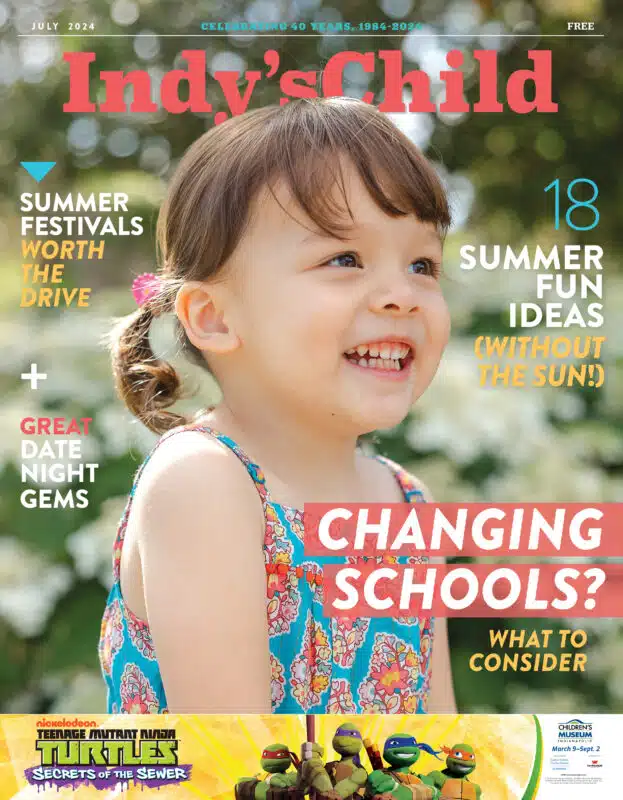Every summer, when I was in junior high and high school, my buddy Pete would disappear for a few weeks to camp. I resented it. For me, those humid July weeks dragged, and then Pete would come home telling tales of adventure — as if he had been to Oz.
As it turns out, that camp shaped Pete in ways neither of us realized at the time. He credits his summers at camp with giving him a foundation for success and longevity — more than three decades — as a teacher.
Still, during those years, I had my own adventures — a free-range childhood spent fishing and chasing snakes and building forts in the woods. Those experiences shaped my life every bit as much as Pete’s time at camp shaped his.
Today, too few children and young people have either experience — free-range or camp. In my book, Last Child in the Woods, I describe how young people can likely tell you about the Amazon rainforest, but they’ll likely be hard pressed to describe the last time they explored the woods in solitude or lay in a field listening to the wind and watching the clouds move. Nature is becoming an abstraction, something to watch on the flip-down TV screen from the back seat of a minivan.
In a study conducted by the Kaiser Family Foundation, “Generation M: Media in the Lives of Eight- to Eighteen-Year-Olds,” it was revealed that children are plugged into some kind of electronic medium an average of five-and-a-half hours a day, “the equivalent of a full-time job, and more time than they spend doing anything else besides sleeping.”
One reason kids aren’t going outside as much is parental fear. News and entertainment media have conditioned us to believe that life outside the front door is far more dangerous than it actually is, at least from stranger-danger. Nonetheless, this fear is unlikely to go away, which is one of the reasons parents are likely to value camps even more in the future than they do today. Risk is always a part of life, but camps can offer parents the reassurance that their children will be safe as they receive the gifts of nature.
The physical benefits are obvious; others are more subtle but no less important. For example, research shows that nature experiences significantly reduce children’s stress. Free play in natural areas enhances children’s cognitive flexibility, problem-solving ability, creativity, self-esteem and self-discipline. Effects of Attention Deficit Disorder are reduced when children have regular access to the outdoors. Studies of outdoor-education programs geared toward troubled youth — especially those diagnosed with mental-health problems — show a clear therapeutic value.
Children are simply happier and healthier when they have frequent and varied opportunities for experiences in the outdoors.
Nature-oriented camps also help care for the health of the earth. Many studies show that nature play in childhood is the chief determining factor in the environmental consciousness of adults.
Clearly there’s more to camp than s’mores. Pete could have told us that. In fact, he did.
Originally published in the March 2014 Camp e-News. Adapted and reprinted by permission of the American Camp Association. ©2014 American Camping Association, Inc.







